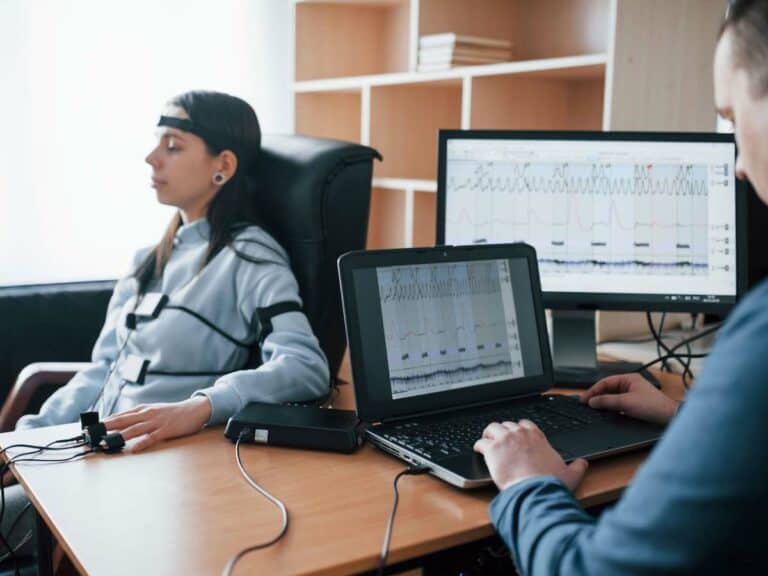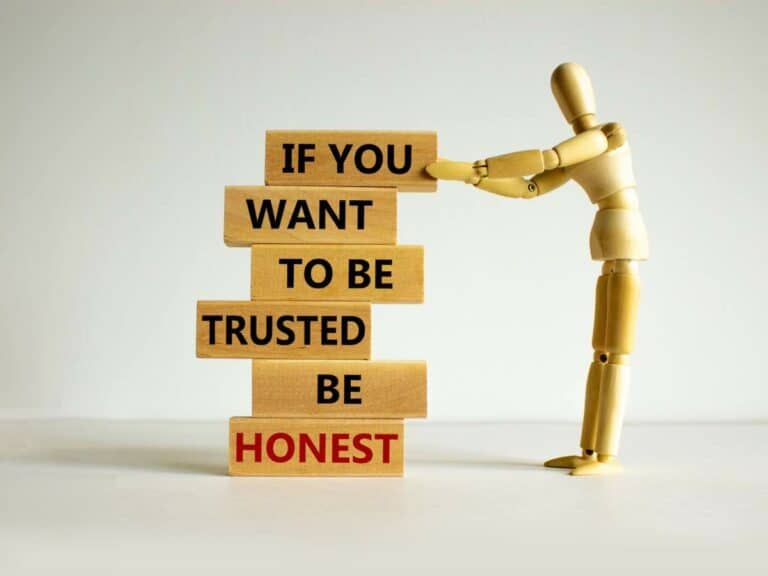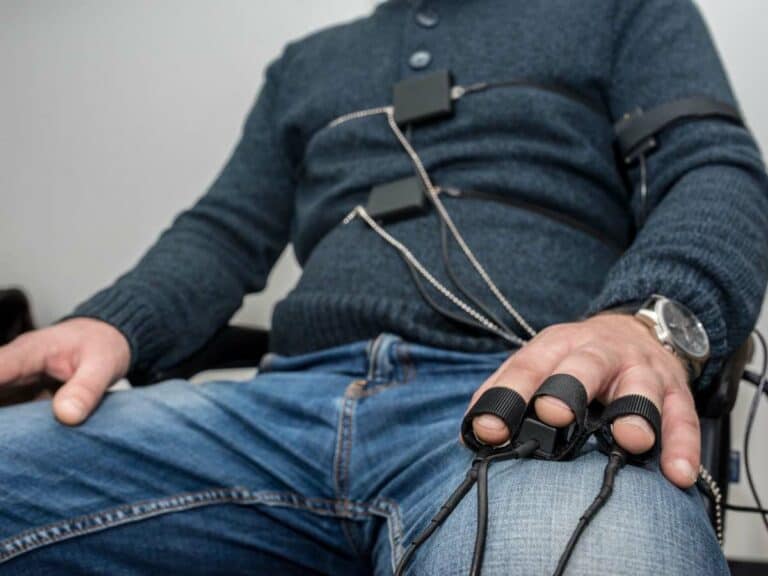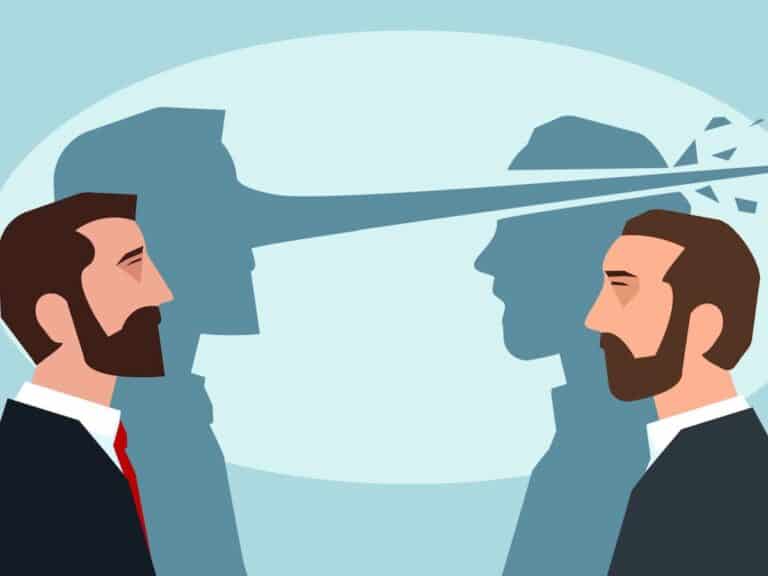When You Can Trust a Polygraph And When You Shouldn’t
You believe that someone you know took a valuable possession of yours or your other half is cheating on you. And now, you are considering polygraphy to get to the bottom of things. But can you really trust a polygraph exam?
Advocates agree that a polygraph exam is 80% to 90% accurate. Detractors, on the other hand, say polygraphy’s accuracy is more around 70% only. The point? A lie detector test is not 100% accurate. A polygraph machine is very good at measuring bodily changes associated with deceitfulness. The process of polygraphy, however, is not entirely infallible.
Got an issue and feel that a polygraph can help sort things out?
In this article, we will talk about the things that are keeping a lie detector test from being totally error-free so that you can decide so much better if it’s polygraphy or another solution that you need.
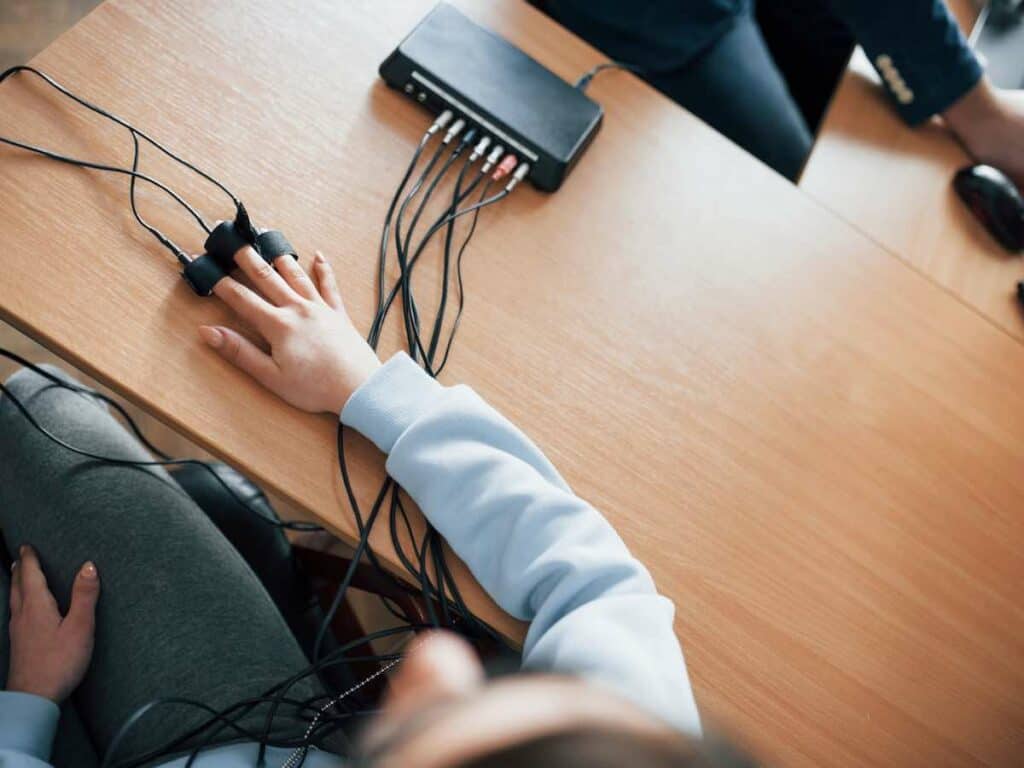
Knowing How It Works is Key
It’s no secret that a polygraph examination is also known to many as a lie detector test. However, it’s an unsuitable another name for the procedure because it’s not actually capable of detecting lies.
What it can identify instead are various physiological changes associated with stress.
During a polygraph test, the blood pressure, heart rate, respiratory activity and skin conductivity of the subject are monitored. Placing various sensors on the examinee’s body makes it possible — a blood pressure cuff around the upper arm, a pair of pneumographs around the chest and a couple of galvanometers attached to the fingertips.
The individual is then asked yes or no questions, including those that can cause stress, in order for the examiner to have an idea of his or her physiological readings when anxious or uncomfortable.
After the examination, the polygraph expert assesses the resulting chart. Observing the changes in readings allows him or her to come up with a diagnosis: passed, failed or inconclusive.
In a nutshell, the test is designed to spot physiological changes that can be attributed to deception, not lies themselves. When a person is telling a lie, usually, the vitals increase or accelerate as a result of the activation of the fight or flight response. On the other hand, there’s very little to no change when being truthful.
Read Also: How to Tell If Someone is Lying on a Polygraph
Fear Detection is a More Appropriate Name
The problem with a polygraph test, according to a report by the American Polygraph Association (APA), is that there is very little evidence that a certain pattern of physiological responses can be used to determine either truthfulness or deception. Certain people can be anxious when being honest, while others can stay relaxed when stating lies.
Additionally, says the APA, the result can be influenced by a person’s opinion of a lie detector test.

Having read or read that a polygraph test can only be up to 90% accurate, for instance, can make you nervous during the test for fear that you could wind up with a false positive result — or the polygrapher deems you’re deceitful when you’re nothing but truthful. This alone can increase your chances of having the dreaded result.
It’s also due to anxiety why guilty individuals sometimes confess during a polygraph examination or even before the test is conducted. Polygraph experts say that confessions are not uncommon.
Because of this, the APA suggests that a fear detector test is a more accurate name than a lie detector test.
There is no denying that fear can influence the outcome of a polygraph examination. As a matter of fact, during the pre-test phase, one of the many things that the examiner does is to educate the subject on the test in order to encourage him or her to relax. Some may even joke that the test is no big deal.
Being too relaxed during the exam, however, can pose a problem, too. Some people do not feel uncomfortable or guilty when being deceptive, such as psychopaths, which makes them pass a lie detector test.
Since most criminals are psychopaths, according to a psychiatrist, a polygraph exam is useless.
Beating a Lie Detector Test
Other than being not infallible, a polygraph test can also be beaten with the use of countermeasures, or things that a person may do in order to deliberately influence the result of the examination.
A very common countermeasure is staying relaxed while answering relevant questions (questions that have something to do with what’s being investigated) while feeling stressed when answering irrelevant questions (questions that do not leave the examinee feeling uncomfortable or anxious) in an attempt to throw off the polygraph expert.
Biting the tongue or cheek at strategic moments of the examination is also a favorite countermeasure of those who intend to beat a lie detector test because they can hide it trouble-free from the examiner.
Some countermeasures, on the other hand, can be easily detected by the person who is administering the exam, which can cause him or her to discontinue the test and/or give a purposely non-cooperative (PNC) diagnosis, which is pretty much similar to the examinee refusing to undergo a polygraph.

Placing a tack in the shoe, digging the nails into the palm of the hand, tightening large muscle groups of the body and breathing less per minute are some examples of countermeasures that are easy to catch. Experienced polygraph examiners have counter-countermeasures to keep subjects from succeeding in contaminating the results.
It’s not all the time that a person who passed a polygraph test even when he or she shouldn’t have counted on countermeasures. In certain situations, certain undisclosed information could be the culprit.
Someone who is taking prescription drugs for high blood pressure or anxiety disorder, for instance, may have very little to no variability in physiological readings when telling the truth and lying. This can easily lead to a polygraph result that’s either passed or inconclusive — or a false negative if he or she is being deceptive.
Just Before You Decide Whether to Trust a Polygraph
Whether it’s a proponent or a critic that you ask about the accuracy of a polygraph test, the fact remains that the truth-telling procedure is not 100% accurate. So, in other words, there is a possibility for its result to be wrong.
The exam may also yield an inconclusive result, which, technically, is not an error. Simply put, it means that the examiner failed to come up with a definite diagnosis of truthfulness or deception — the measurable changes in the physiologic readings of the subject were not significant enough to warrant a specific diagnosis.
Planning on asking somebody you know to take a lie detector test in order to resolve an issue?
Keep in mind that even though a polygraph test can be up to 90% accurate, according to its advocates, there is a small room for error that can cause you to wrongly accuse a person. And also keep in mind that a lie detector test can be beaten with the use of countermeasures, which can make a totally guilty person appear completely innocent.
Related Questions
What happens if you fail a polygraph test?
When used as a part of a screening process, a deception indicated result may mean not getting the job or the clearance required. In most jurisdictions, a lie detector test has zero admissibility. Both parties agreeing to use the result is warranted before it can be employed as evidence in courts where it’s admissible.
What drugs can I take to pass a polygraph?
Drugs that influence physiological and cognitive processes can be taken to increase one’s chances of passing a lie detector test or getting an inconclusive result. Some common examples include those taken for the management of hypertension, anxiety disorder, panic attacks, depression and allergies.
Read Next: Does Crying Affect a Polygraph Test?

